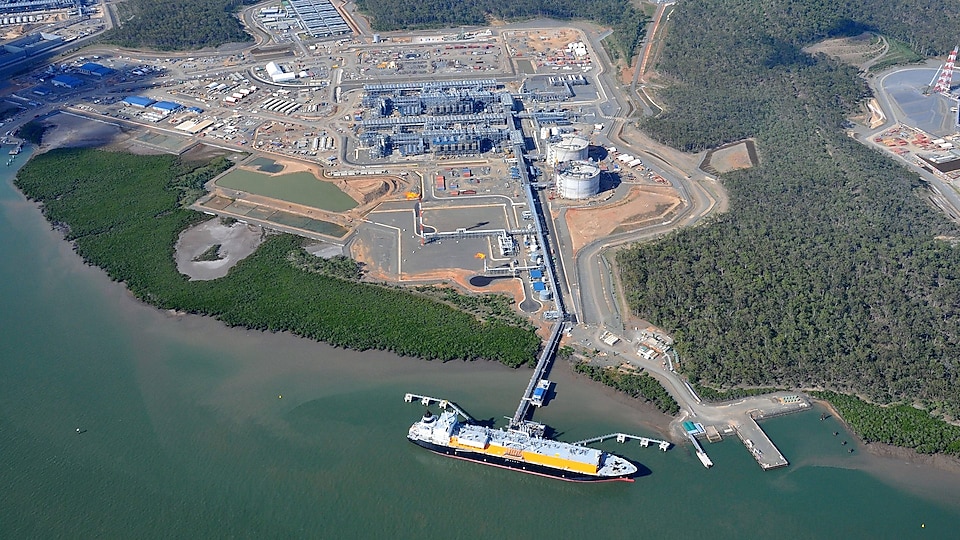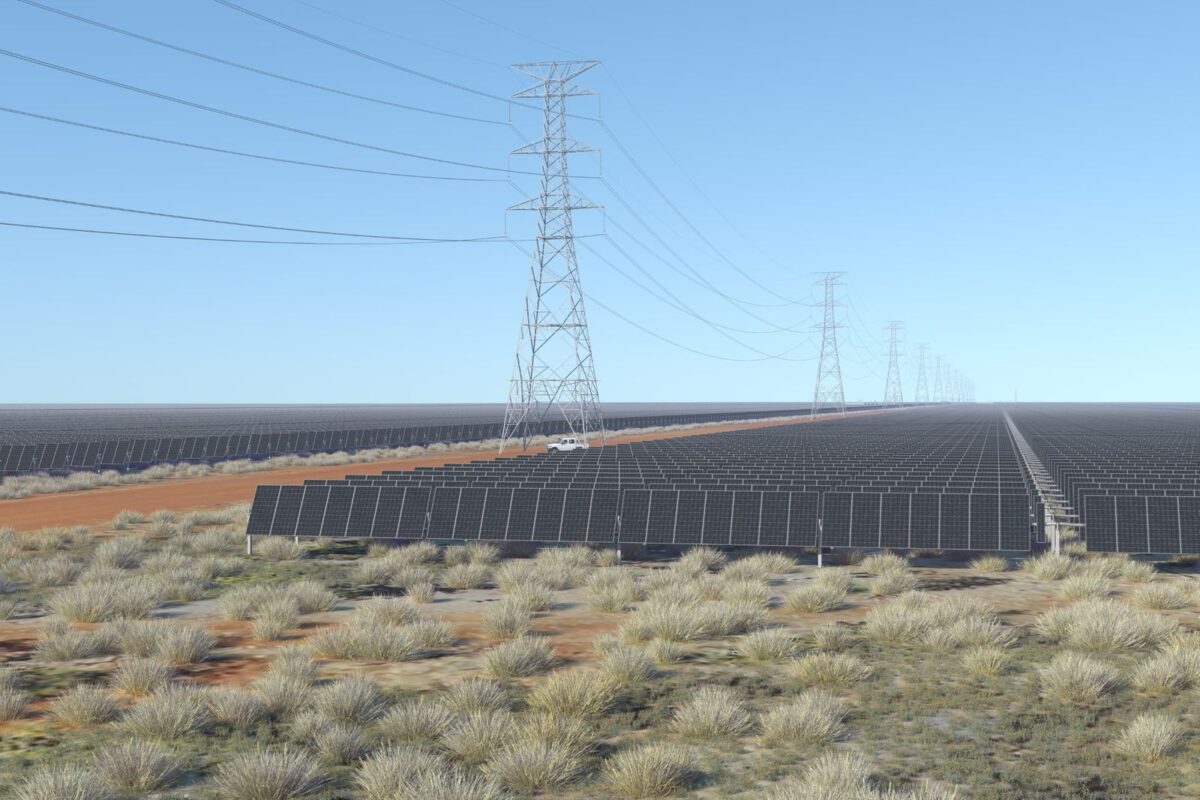As if a sense of guilt and shame weren’t rampant in the Northern economies already, Professor of Philosophy at UNSW and Co-Director of the PJI in the Faculty of Arts & Social Sciences, Professor Jeremy Moss, reminds us that whilst Australia is a signatory of the Paris Climate Agreement and, at least according to Prime Minister Morrison, the nation should meet its reduction pledge by 2030 “in a canter,” we must also take into account the emissions produced from our extensive fossil fuel exports.
Emissions Ethics:
Though Australia is not physically producing those emissions, the country is providing the facility to do so, and at a great profit. Welcome to the world of emissions ethics, an ethical minefield no longer restricted to the philosophical quandary of the fart in the elevator, although on a chemical level the scenarios are not dissimilar.
On Tuesday, September 17, the Practical Justice Initiative of the UNSW will host a lecture series on the topic of our fossil fuel exports and how, and if, the nation can embark on a climate transition. This is not just a discussion for the armchair ethicists, after all, we are talking about the transition of an enormous facet of the Australian economy which interconnects throughout the net of Australian life. It is the discussion of Australia’s future.
“Discussion of emission reduction in Australia usually focuses on reducing domestic emissions,” says Moss, “yet the emissions produced from our fossil fuel exports are twice as much again as our domestic emissions, and we need to reduce these rapidly.”
Moss makes a valid point of course, the problem is global emissions, whether the emissions are pegged to Australia or not is largely redundant in light of global consequences. Our ethical duty is not to the Paris Agreement, but to overall fossil fuel emissions reduction and transition to renewable energies like solar PV.
“Acting collectively as a society to phase out fossil fuel exports is a better intervention (than reducing our individual carbon footprint) to prevent climate change,” argues Moss. An intervention from carbon dioxide eating aliens would also be better, and probably just as likely as societal collective action. Advising collective societal action against one of the main hands feeding said society is about as useful as a lead parachute, but then again, philosophers are not in the business of providing answers, their business is in asking the right questions.
Hence why the PJI lecture series will also feature Tim Buckley, Director of Energy Finance Studies Australasia at the Institute for Energy Economics & Financial Analysis (IEEFA). Buckley has 30 years of experience in the financial markets of seaborne coal and electricity sectors for IEEFA across South and East Asia. Buckley is quick to note that the enormous amounts of coal and liquefied natural gas (LNG) that Australia exports is quickly losing its appeal in the Asian markets.
Profit or Perish:
“The idea that expensive imported coal or LNG will solve Indian energy poverty is nothing more than a PR spin,” says Buckley, “in India, the price of wind and solar has dropped 50% in the last three years. It is now cheaper to generate Electricity from wind and solar in India than it is to generate domestic coal-fire powered generation; it’s about 20% cheaper. It’s about 50% less than imported coal-fire powered generation.”
So it is thanks to solar PV then that a large part of a solution to the ethical quandary of Australia’s fossil fuel exports is being acted out without the need of an individual or a societal mandate – Australia’s fossil fuel exports are rapidly becoming unprofitable. Of course, the question is now whether they’re becoming unprofitably rapidly enough, as Moss points out, Australia is still the world’s biggest coal exporter, 386m tonnes last year wroth $67 billion.
$67 billion dollars is not easy to replace, hence why other speakers such as Stuart Palmer of Ethics Research at Australian Ethical Investment and Corinne Schoch from Global Compact Network Australia will also speak to the crucial rule of shifting capital investment and the potential risk of economic fallout when coal-fired power plants shut down respectively.
“Potentially, we could learn from Germany’s efforts to manage the Ruhr Valley coal industry,” says Schoch, “it shut down in 2017 without sacking a single worker. In 1968, Germany placed all its coal mines into one company, but it also had the remit to manage the decline of the industry. It worked closely with state governments, unions, businesses and communities.” Schoch argues for a national authority on the management of industrial decline in the transition, otherwise Australia risks billions of dollars in rescue packages.
Clearly there is an enormous amount to discuss for what should prove the pivotal transition of the century. An economic shift intimately tied up with solar PV and on a scale that is bound to have innumerable unforeseen consequences across the board. The facilitation of the smoothest transition possible is a topic for which every Australian should consider and discuss, because the less smooth the transition the bumpier the consequences.
WHAT: Climate Transition Lecture Series
WHEN: Tuesday, September 17 at 6pm
WHERE: Tyree Room, John Niland Scientia Building, Kensington campus, UNSW Sydney. Register for the event.
This content is protected by copyright and may not be reused. If you want to cooperate with us and would like to reuse some of our content, please contact: editors@pv-magazine.com.









By submitting this form you agree to pv magazine using your data for the purposes of publishing your comment.
Your personal data will only be disclosed or otherwise transmitted to third parties for the purposes of spam filtering or if this is necessary for technical maintenance of the website. Any other transfer to third parties will not take place unless this is justified on the basis of applicable data protection regulations or if pv magazine is legally obliged to do so.
You may revoke this consent at any time with effect for the future, in which case your personal data will be deleted immediately. Otherwise, your data will be deleted if pv magazine has processed your request or the purpose of data storage is fulfilled.
Further information on data privacy can be found in our Data Protection Policy.